Education on island of Ireland has 'diverged significantly'
- Published
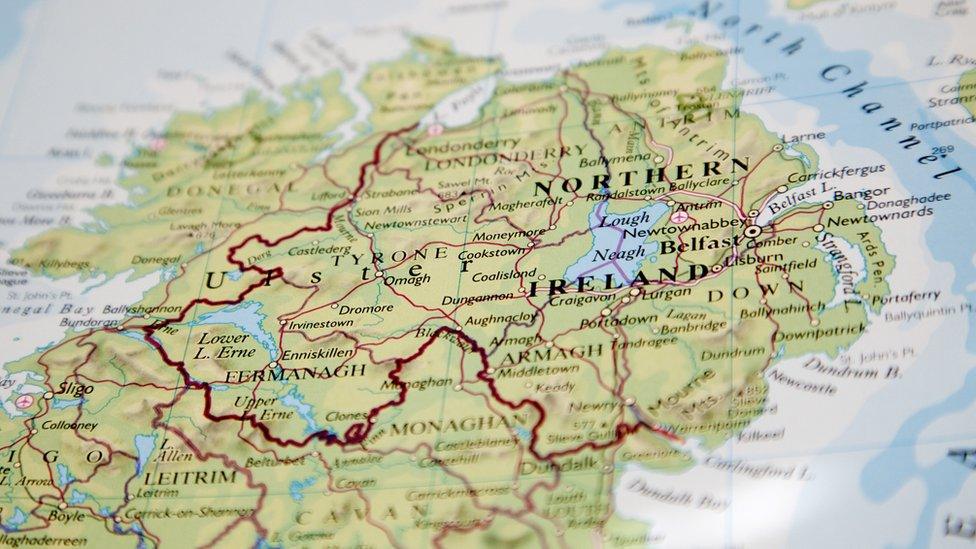
Dr Stephen Roulston said neither Northern Ireland nor the Republic of Ireland were "investing sufficiently in education"
Education in Northern Ireland and the Republic of Ireland has "diverged significantly" since partition in 1921.
That is according to a new report, which compares schools and further and higher education in the two countries.
The paper, from Ulster University's (UU) Dr Stephen Roulston, said there were "disparities in school structures, in teacher pay, in school governance and in assessment".
He said neither country was "investing sufficiently in education".
Both countries must "move towards systems of education which meet the needs of all and not just a privileged few", the paper argued.
Dr Roulston's paper also said if political developments brought Northern Ireland and the Republic of Ireland closer together "considerable work would be required" to align their education systems.
Previous reports from UU's School of Education have looked at aspects of Northern Ireland's "divided" education system.
But Dr Roulston's paper compares education north and south of the border and outlines how education diverged after partition.
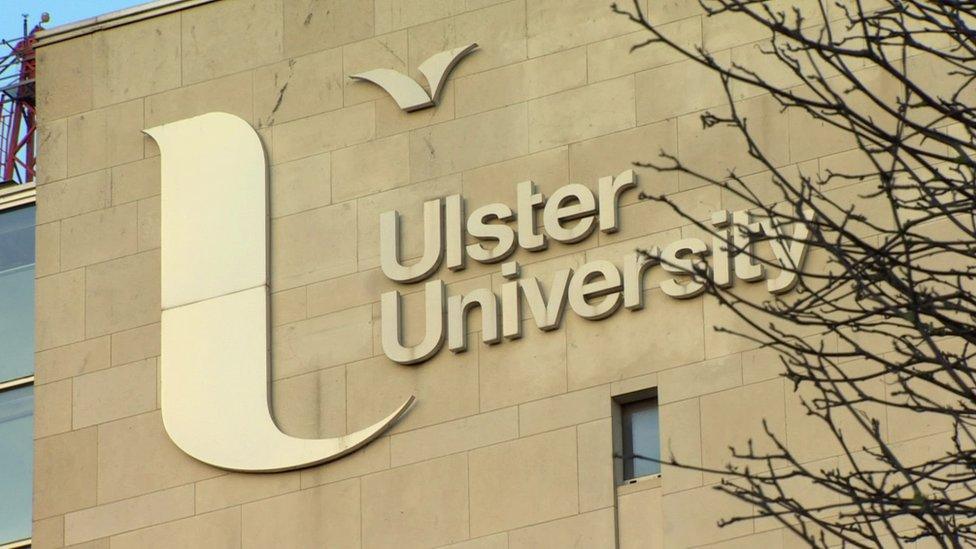
While the study from the UU's School of Education is independent, its publication was partly funded by the Integrated Education Fund
"The newly established Irish state in 1921 effectively subcontracted responsibility for education to the churches with state funding given to provide free education on its behalf," the paper said.
"This model of privately-owned but state-funded education dominated by churches still exists in Ireland today."
The paper said about 90% of pupils went to primary schools with a Catholic ethos, while "even in the apparently more diverse post-primary school sector, 50.1% of schools are under the direct patronage of the Catholic Church".
"Many of the others, while nominally non-Catholic, have a strong Catholic influence in their governance and operation," it continued.
However, Dr Roulston also said the role of the churches "remained strong" in schools in Northern Ireland and most schools were "separated by community affiliation".
The paper said while Ireland "did not embrace academic selection", some schools did run entrance tests.
"These tend to replicate divisions based on socio-economic status just as academic selection appears to in Northern Ireland, and the private fee-paying schools, especially in the Dublin area, exacerbate this," the paper said.
But it also said many Irish post-primary schools had pupils from a range of backgrounds and abilities.
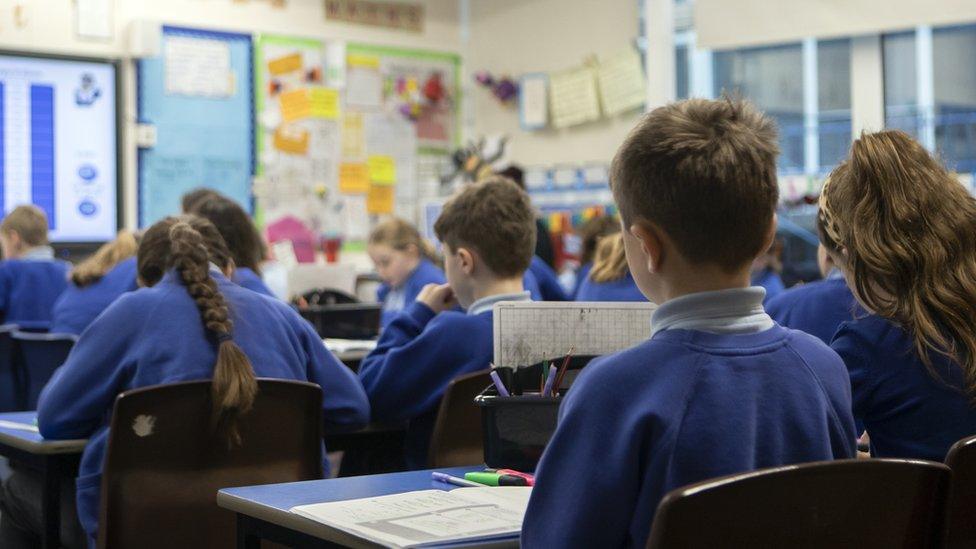
The paper says that while Northern Ireland often looked to Westminster on education policy "there may be much to learn from looking south as well"
"The unequal education system in Northern Ireland is largely based on academic selection and social class," Dr Roulston said.
But his paper also said the Irish education system "seems not to be fully successful in addressing persistent social inequalities" either.
For example, he said more than 90% of pupils from "middle-class schools" applied for higher education in Ireland, compared to just 50% from "working-class schools".
"There is no selection by academic ability in Ireland as there is in Northern Ireland, but social-class divisions also persist in Ireland and have an impact on educational opportunities and outcomes for many," the paper said.
However, he said Ireland seemed to have more success in "ensuring a high proportion of the population is well qualified".
'Certainly serious failings'
In conclusion, Dr Roulston said there were "certainly serious failings" in education in Northern Ireland, but Ireland too had issues to address.
"There is a need for both jurisdictions to learn from other systems and to move towards systems of education which meet the needs of all, and not just a privileged few," he said.
"Should political developments result in Northern Ireland's and Ireland's two education systems becoming more closely aligned again, considerable work would be required as education structures on both sides of the border have evolved significantly in the century since partition."
However, the paper also said while Northern Ireland often looked to Westminster on education policy "there may be much to learn from looking south as well".
While the study from the UU's School of Education is independent, its publication was partly funded by the Integrated Education Fund.
- Published17 February 2021
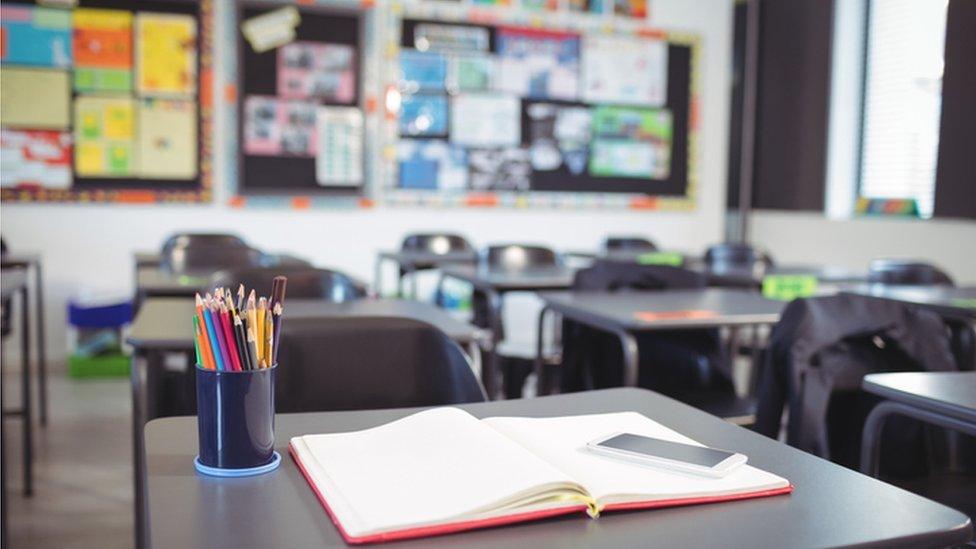
- Published21 December 2020

- Published16 February 2021
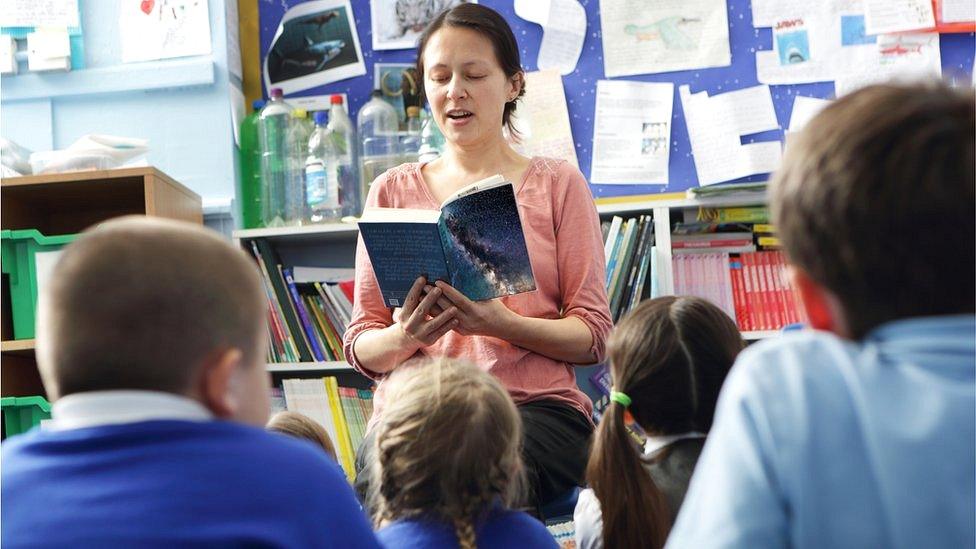
- Published4 November 2021
